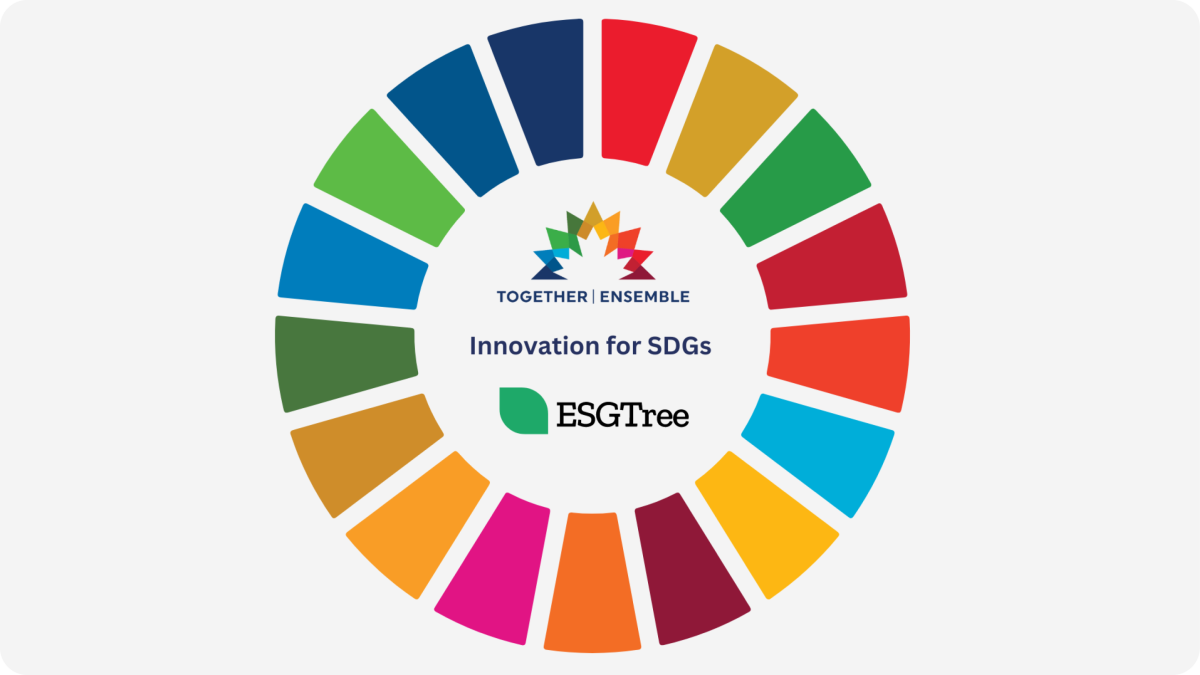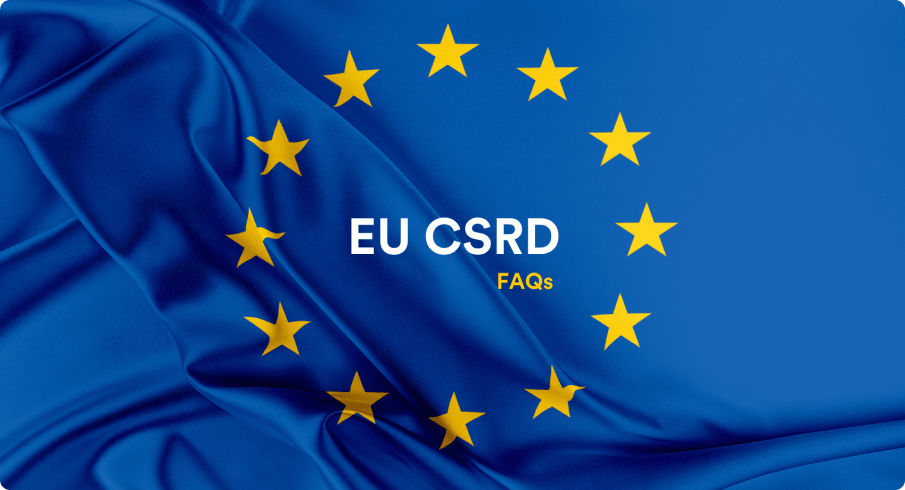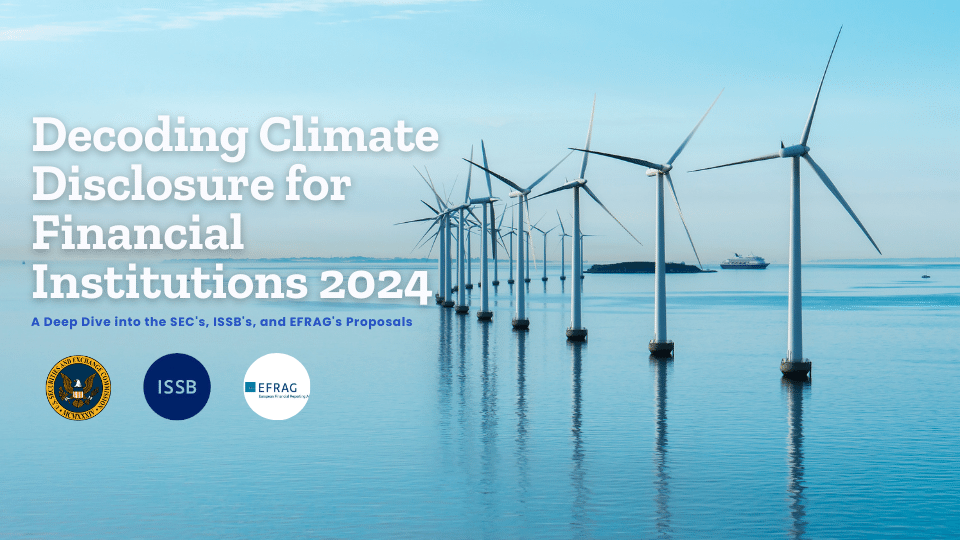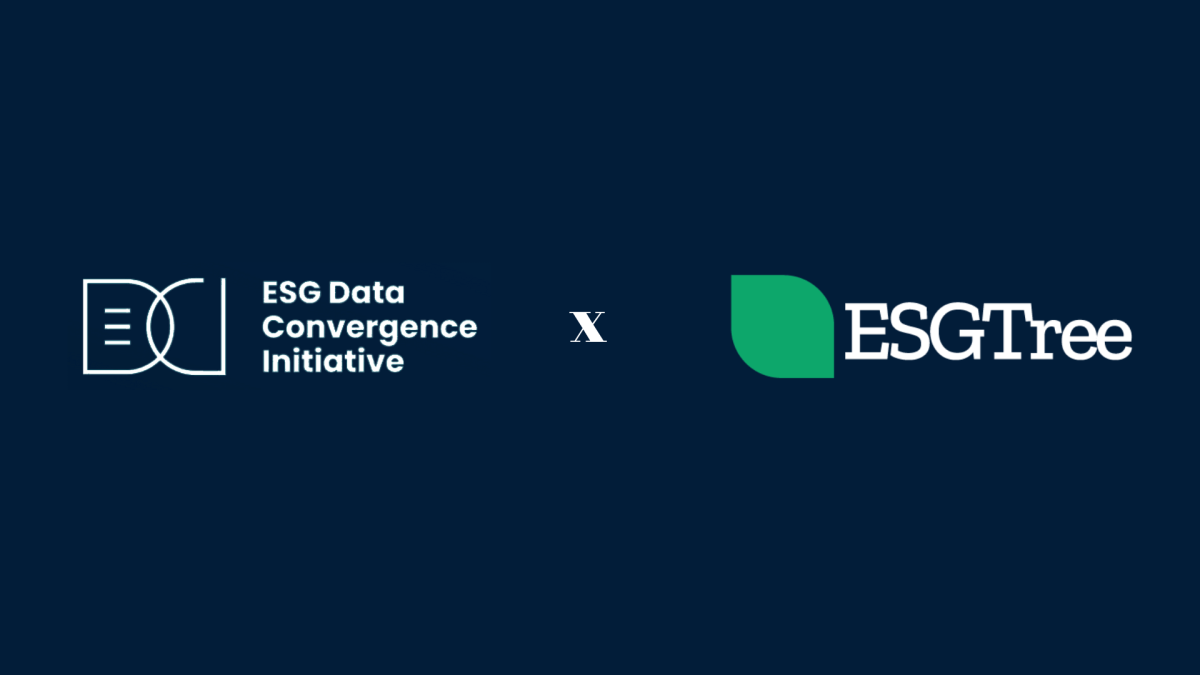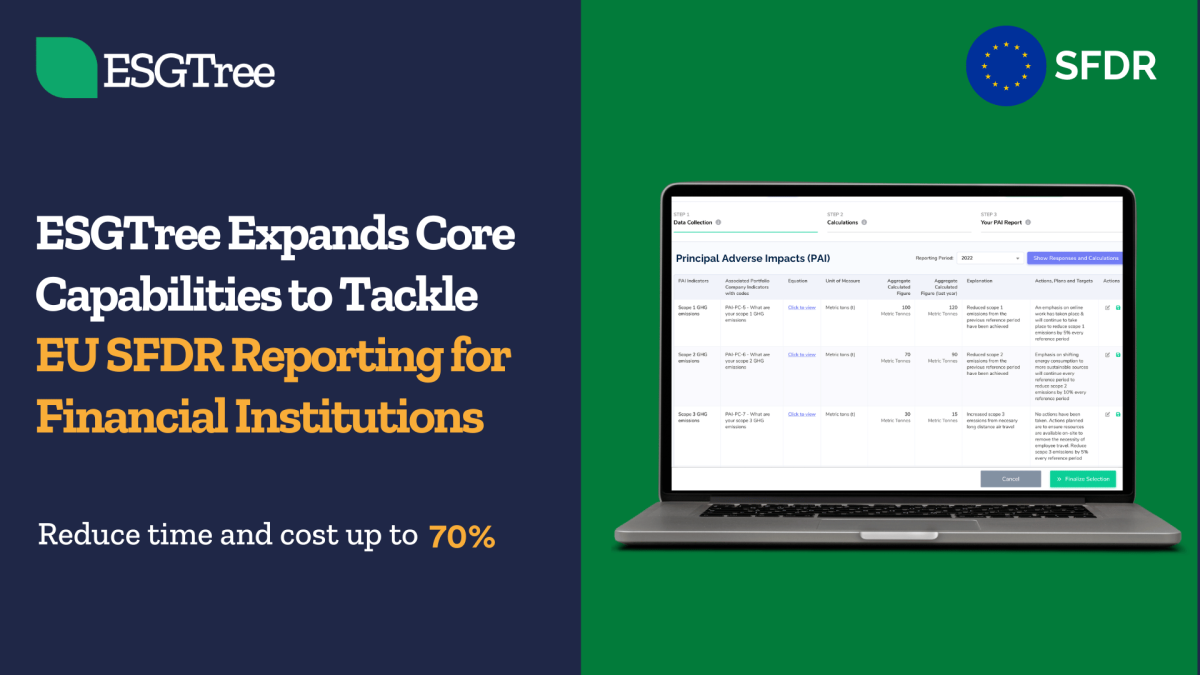Signed into law in October 2023, the California Climate Corporate Data Accountability Act, or SB 253, is a gamechanger for ESG in North America. A first of its kind in the USA, all companies operating in California, whose annual revenue exceeds $1 billion, must now disclose their greenhouse gas emissions data in line with GHG Protocol standards. Why is SB 253 important?California is the world’s fifth largest economy. And while ESG has become entangled in America’s culture wars, the blue state has been at the forefront of progressive climate legislation for decades. “It is very significant that the fifth largest economy in the world – the state of California – now requires large corporations to publicly disclose greenhouse gas emissions across their entire value chain. This landmark legislation will have ripple effects far beyond California’s borders and can serve as a model for national and subnational governments to follow,” attests Director of Greenhouse Gas Protocol Pankaj Bhatia. SB 253 will function within a suite of complementary measures and regulations aimed at promoting renewable energy and the use of electric vehicles, reducing emissions, and spearheading the widespread adoption of clean technologies. These efforts, combined with ongoing investment in renewable energy infrastructure, position California’s economy to reap the rewards of the transition to net zero while strengthening investor trust.

